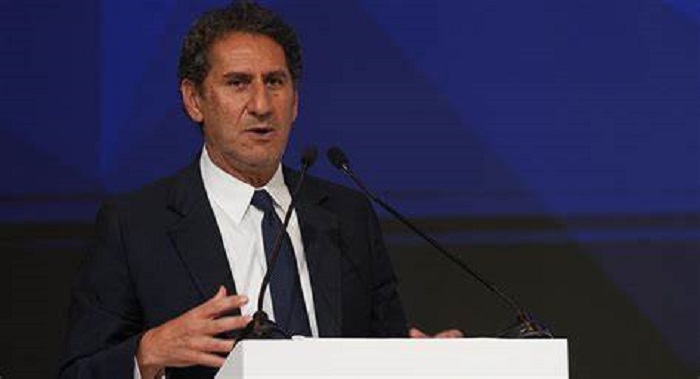– Advertisement –
Renewable energy projects require significant upfront investments during the preparation and development stages. These stages entail priorities identification, technical and financing options evaluation, and crafting tailored solutions. Investments at this phase, support essential activities including but not limited to feasibility studies, environmental & social impact assessments, risk assessments, and initiation of financial structuring and market analysis.


The subsequent development stages – detailed site analyses, project design, permitting, technical and financial modelling, as well as regulatory alignment – demand significant capital inputs, often amounting to millions of dollars. Without substantial investment in these preparatory phases, projects remain underdeveloped or not attractive to banks and investors (unbankable), stalling their progress towards financial close and full implementation. Despite the urgency of accelerating the energy transitions through the scaled-up deployment of renewable energy projects, accessible financing for these stages remains scarce, particularly in developing countries.
While well-structured renewables projects can achieve financial close within 6-15 months, many projects struggle for years to move beyond the preparatory phases due to insufficient development funding. An analysis based on projects submitted on the Energy Transition Accelerator Financing (ETAF) platform – an inclusive, multi-stakeholder climate finance platform managed by the International Renewable Energy Agency (IRENA) to advance the energy transitions in developing economies – shows a disparity in the global picture; most projects located in Sub-Saharan Africa face significant delays in achieving financial close.
With many still in development stages, and with local developers disproportionately affected due to limited access to early-stage capital, these projects often rely on owners’ equity or grant funding to cover development costs. These unique challenges of early-stage financing require specific funding mechanisms – which if provided at scale – have the potential to support project development stages, for example:
- Project Preparation Facilities serve as key providers of financial and technical assistance for critical pre-construction activities, as they provide financial and technical assistance for critical pre-construction activities, such as feasibility studies, environmental assessments, and project structuring. These facilities reduce the financial risks for developers, enabling projects to reach bankability. The African Development Bank’s SEFA has funded early-stage renewable energy projects, addressing key bottlenecks. A notable example is the $8 million DREAM programme in Ethiopia.
- Similarly, Africa50, one of the ETAF partners, has a project preparation facility for infrastructure developments (including energy projects). Expanding the availability of such providers is essential to accelerating the development of renewable energy projects.
- Development Impact Bonds (DIBs) are outcome-based instruments that offer upfront capital for project development, with repayments linked to achieving predefined milestones, such as securing permits or reaching financial close. While DIBs have been successfully applied in social development projects, such as the Village Enterprise Development Impact Bond in Kenya and Uganda, the same model can be replicated for renewable energy infrastructure projects.
- Internationally Transferred Mitigation Outcomes (ITMOs), under Article 6 of the Paris Agreement, provide an innovative pathway to mobilise early-stage capital. Advance payments for ITMOs – representing future emission reductions – can fund project preparation activities, especially for large-scale energy transition projects in low-income countries. An example is the iCRAFT project in Uzbekistan, supported by a $46.25 million World Bank grant.
- Risk-sharing facilities help address financial risks in early-stage development by pooling resources from governments, DFIs, and private investors. These facilities de-risk project preparation, making it easier for developers to secure funding, while tying support to clear outcomes to ensure accountability and reduce upfront costs. The Global Energy Alliance for People and Planet (GEAPP) is one such example, supporting early-stage renewables projects through grants and concessional financing that bridge the gap between project conception and financial close.
- Energy development funds established by governments or DFIs can directly address the lack of financing for early-stage activities. These funds provide grants or concessional loans to support technical studies, and project structuring, For example, Rwanda’s Renewable Energy Fund, implemented with support from the Government of Rwanda and the Climate Investment Funds, has supported local entrepreneurs in the mini-grid and solar home system sectors.
In addition, capacity building is also crucial to ensure that local developers can navigate regulatory and technical processes effectively, reducing their dependence on foreign expertise, which consequently lowers development costs. Utilising free online project preparation tools is another valuable approach for developers.
Public-private partnerships can leverage public resources to de-risk activities like feasibility studies and environmental assessments. Through ETAF, IRENA collaborates with partners to provide technical assistance, making more projects eligible for funding.
A prime example of this approach is the tailored support provided to Costa Rica. The country launched a venture capital fund designed to overhaul its public transport system, specifically by replacing fossil fuel-powered bus fleets with electric buses.









